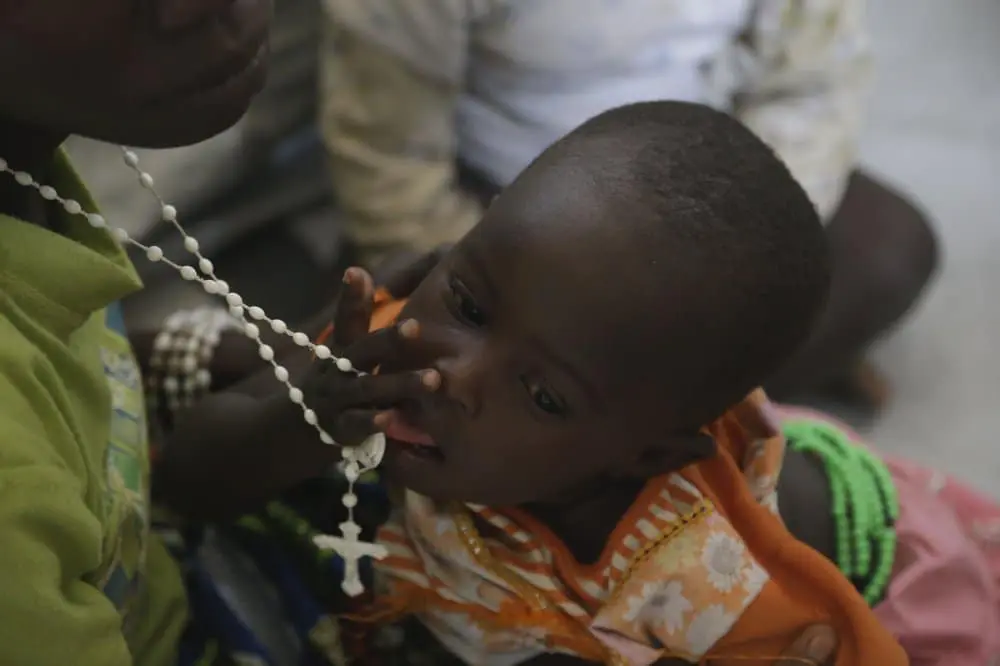Scientists have found that making sure you’re doing something for the good of others not only helps you have fun, it also makes you less sensitive to pain.
A group of scientists from several Chinese universities tested how a person’s perceived altruistic behavior affects sensitivity to pain. They published their work in Proceedings of the National Academy of Sciences.
Earlier studies found that donating to others causes the brain to release dopamine, a hormone that makes you feel emotionally good. In the new work, the authors experimentally tested how participation in such activities can affect the sensation of pain. They used four different ways to test this in four series of experiments.
In the first case, two groups of people who donated blood were interviewed. The members of the first group handed it over at the usual time, and from the second – to help the victims of the earthquake that had just happened. In both cases, the participants had to rate their pain from the process. The authors found that whoever offered to donate after the earthquake described the pain from the injection as being weaker than the control group.
In a second screening, the researchers asked participants to help correct a printed manual for migrant children while in a cold room. It turned out that those who did it as a volunteer, that is, voluntarily, reported lower discomfort from the cold than those who did the same forcibly.
In the third series, the researchers asked for a report on pain in cancer patients, with one group serving only themselves and the other helping other patients prepare food and clean up. It turned out that volunteers felt less pain attacks.
In the fourth experiment, the authors asked a group of participants if charity helps children and offered to donate money to help orphans. After that, each of them underwent an MRI, while receiving electric shocks in parallel. The brains of those who donated were less responsive to pain than those who refused to donate. The researchers also found that the more the volunteer was inclined to believe that his donation helped the orphans, the weaker the brain’s reaction to the blows was.
The researchers speculate that their findings, combined with other studies, strongly suggest that altruistic behavior not only makes people feel better emotionally, but also has tangible physical effects, such as objective pain relief. These findings can help in pain therapy as well as in research into the capabilities of the human body.
Earlier, a researcher from the University of Florida published an article that women perceive pain more intensely than men, and a mutation was found in a Scottish pensioner that allows them not to feel pain.







